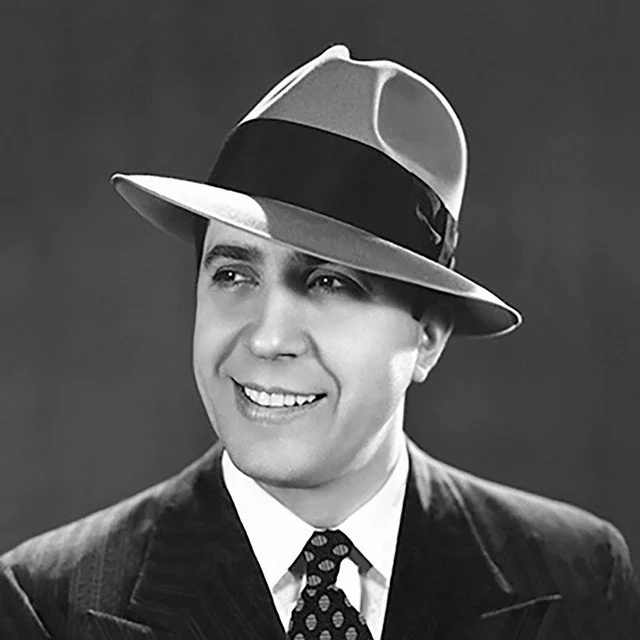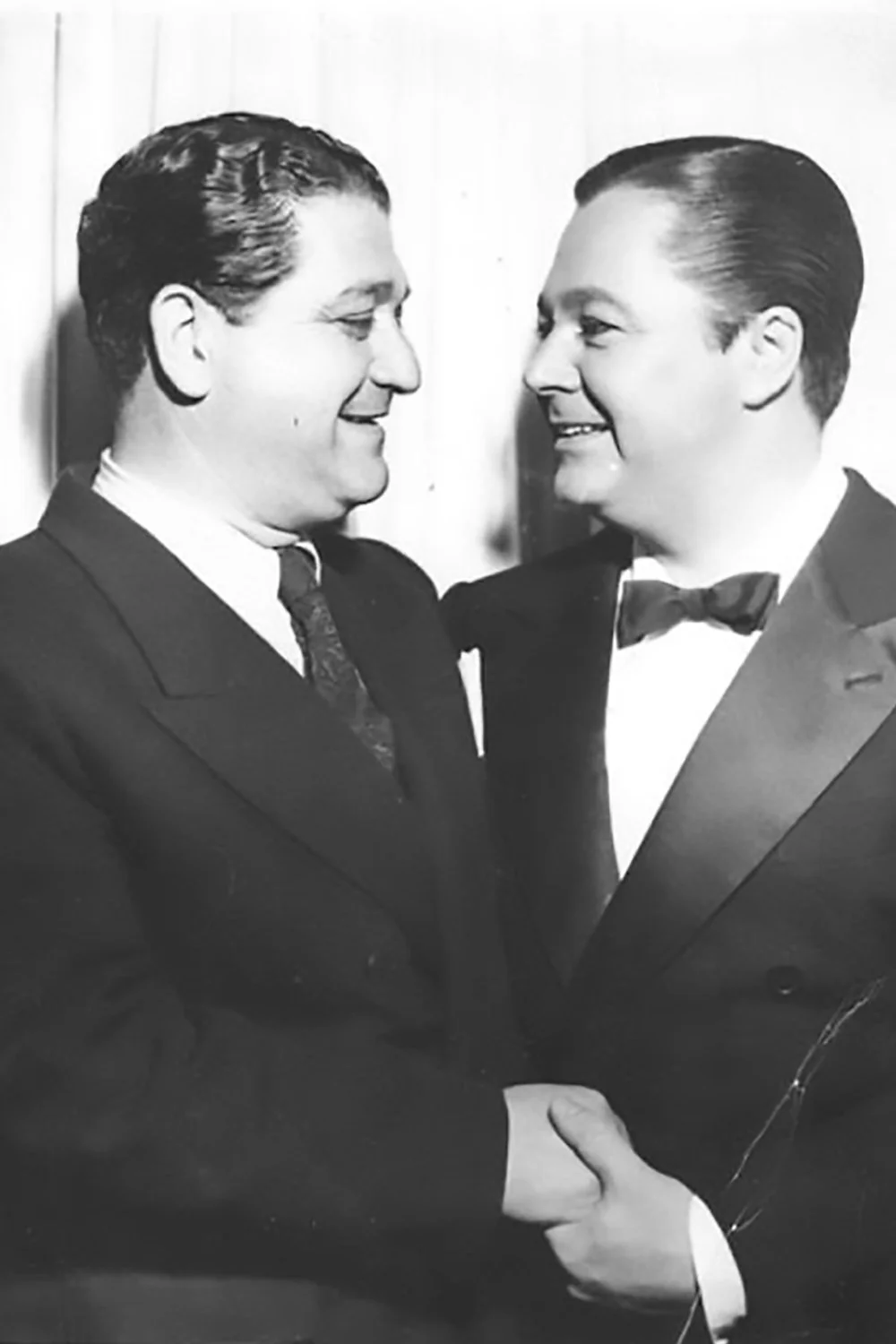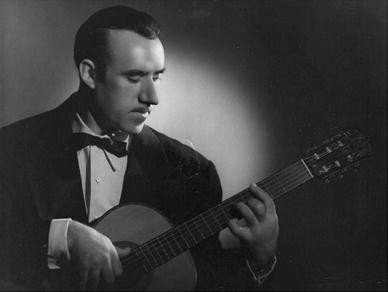Luminaries
To listen to a tango well sung is to feel the energy of Buenos Aires in one’s soul, and to feel the emotions crash like waves within oneself is to know its true essence. Integral to that same essence of tango are the soulful and emotive voices that bring its melodies to life. Today we will touch on a mere few of Argentina’s most renowned tango singers, whose voices have become synonymous with the genre's alluring profundity and melancholy.
Carlos Gardel.
Any exploration into the history of tango music is incomplete without mention of Carlos Gardel. Gardel, often hailed as the "King of Tango," was a prominent figure in the early 20th century. Born in 1890 in Argentina, Gardel's mesmerizing voice and charismatic stage presence earned him immense popularity. His recordings, such as the eternal "Mi Buenos Aires Querido" and "Volver," (later stripped down and revitalized by later tango luminary Hugo Diaz) remain iconic tango classics to this day. Tragically, Gardel's life was cut short in a plane crash in 1935, leaving a void in the world of tango. Fittingly, his influence and absence continue to endure, and his contributions are remembered as foundational to the genre's development.
Francisco Fiorentino and Aníbal Troilo.
Aníbal Troilo, called "Pichuco," was a renowned Argentine tango composer and musician whose collaboration with talented vocalist Francisco Fiorentino solidified both men’s place among the legendary tango singers. Troilo's ensemble, the Orchestra Típica (a play on terms from banda típica, meaning “typical band”), produced a distinct sound that emphasized intricate melodies and nuanced interpretations. Songs like "La Última Curda" showcased Fiorentino's exceptional vocal range and Troilo's masterful arrangements. Their partnership throughout the 1940s became a milestone in tango history, reflecting the genre's evolution and expanding its horizons.
Edmundo Rivero.
Emerging in the 1940s, Edmundo Rivero's deep and powerful vocal style incorporated elements of the urban working-class culture of Buenos Aires. He interpreted tango with a raw emotional intensity, bringing out the essence of the lyrics and connecting with listeners on a primal level. Songs such as "Sur" exemplify Rivero's ability to convey the bittersweet nostalgia and melancholy that define tango. His impact on the genre was nothing less than significant, as he inspired a new generation of singers to explore the raw emotional depths of tango music.
Though few among countless others, these singers have left an indelible mark on the history of tango. Their artistry and enduring legacy serve as a testament to the profound impact of tango and its ability to touch the souls of those who experience it. Their visages and voices are a part of the cultural ethos of Argentina, and it is my hope that they open the door for generations of tango lovers for years to come.



